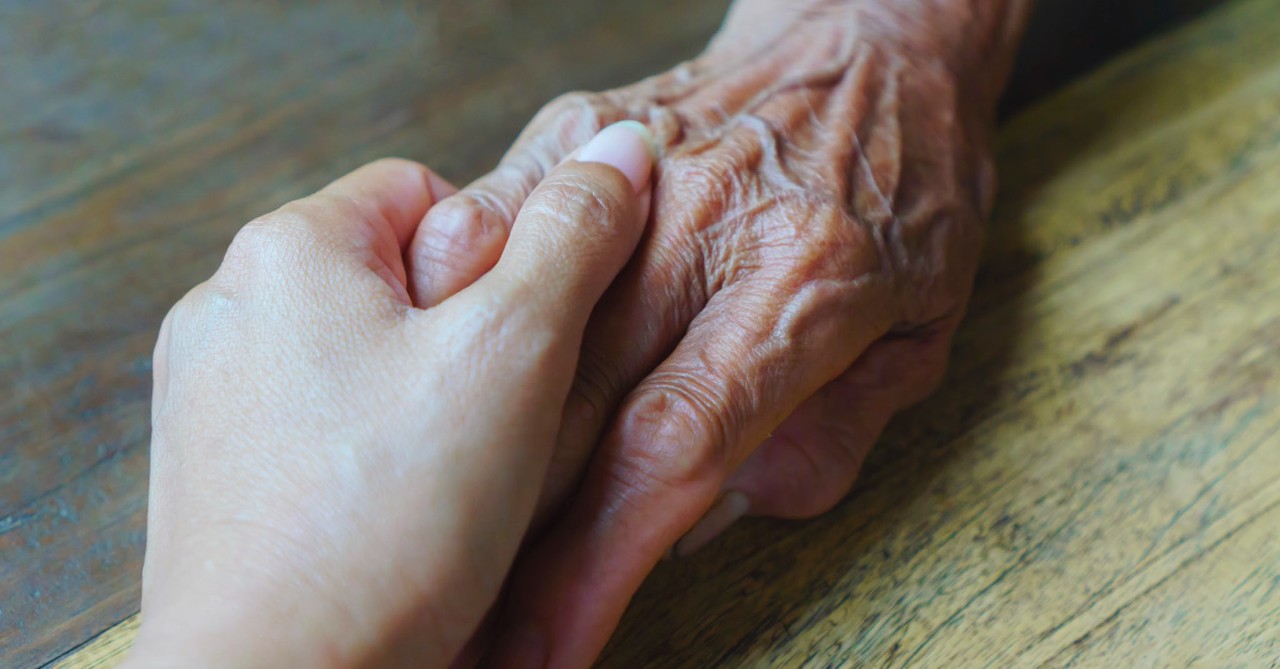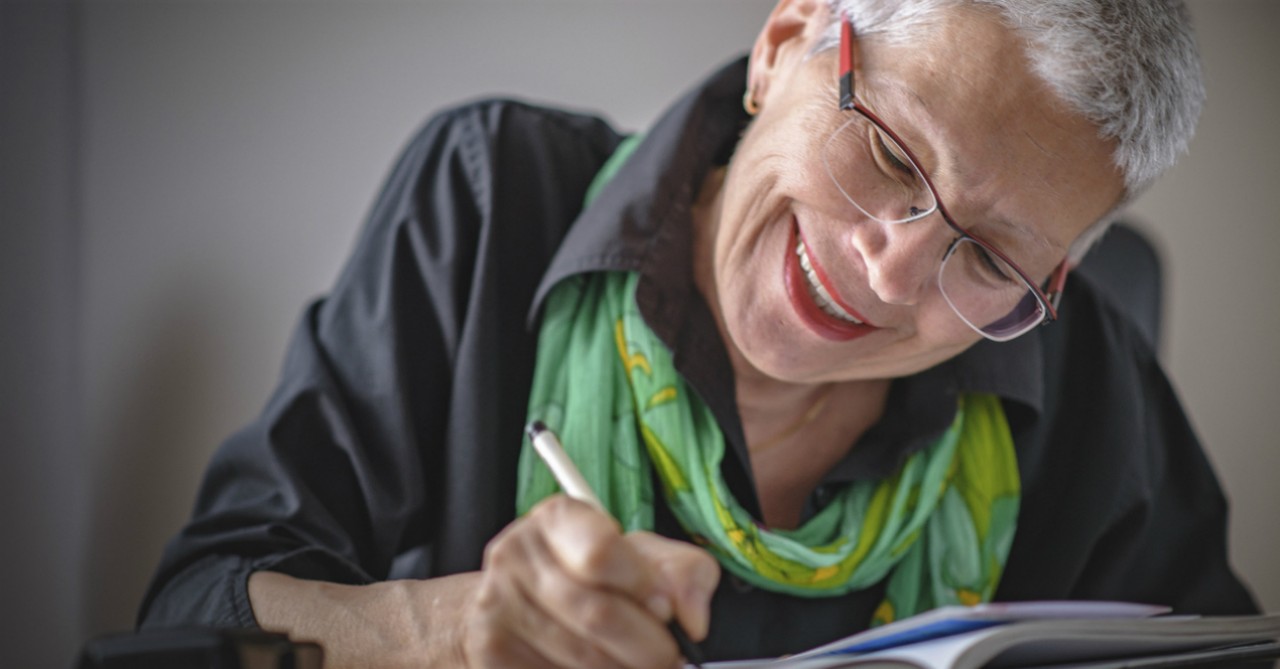5 Inspiring Lessons from Lesser Known Women in the Bible

Reading through scripture, God’s story unfolds through collective and individual narratives. These accounts provide opportunities to learn from our spiritual ancestors. We see ourselves in their stories because they, like us, are humans etched with the imago dei.
Learning to live in a kingdom that is still in process while also having a foot in a broken earthly one is not without its struggles.
Though they lived long ago, their lives shape us. Constantly. Depending on what is unfolding before our eyes, we can look to them for inspiration. Different seasons of their stories will connect with us at different times. Sometimes I think of women in the Bible as walking partners. I lean into them wanting to learn how they navigated through the various places God led them.
Some of these women are known by name and their influence was very public both in the community of God and their region of residence. Their prominence allowed them to have a large platform that they used for God’s glory.
Others offered their skills and gifts with less fanfare. Regardless, they desired to serve the Lord in whatever capacity they were called, sometimes breaking through cultural expectations of their gender. They knew that God’s hand was at work through these moments. Here are 5 characteristics of women in the Bible that modern women today can emulate.
Photo Credit: ©Getty Images/Yaom
1. Huldah Spoke Boldly

1. Huldah Spoke Boldly
SLIDE 1 OF 5
Hulda’s name means “weasel” which is fitting since she acted quickly in a time of distress.
Her story is woven into the narrative of King Josiah found in 2 Kings 22 as well as 2 Chronicles 34. While on a trip to the High Priest, his secretary received the Book of Law which had been neglected for much of Josiah’s reign. Upon his return, he read it to Josiah. Realizing that his nation has not been following the law and urgently requested a delegation to consult Huldah regarding God’s response.
“So the priest Hilkiah, Ahikam, Achbor, Shaphan, and Asaiah went to the prophetess Huldah the wife of Shallum son of Tikvah, son of Harhas, keeper of the wardrobe; she resided in Jerusalem in the Second Quarter, where they consulted her.” 2 Kings 22:14
According to this commentary, "The fact that they immediately sought Huldah would seem to indicate one of two possibilities: either Josiah’s default prophet was Huldah, and the dignitaries already knew this; or Huldah was not the king’s default prophet, but she was the obvious choice for the five dignitaries, for whatever reason.”
Huldah’s task is a huge responsibility: Speaking on behalf of God to a King. Had it been bad news, she likely could have been killed. Her gift of prophecy speaks into the situation.
While her words indicated destruction for much of the nation, God showed his heart for King Josiah’s remorse and did not allow the destruction until after Josiah’s death. Huldah’s actions remind us that God uses us to speak his truth boldly.
Photo Credit: ©GettyImages/AaronAmat
2. Jehosheba Demonstrated Great Courage

2. Jehosheba Demonstrated Great Courage
SLIDE 2 OF 5
Jehosheba’s family of origin could have easily influenced her to turn away from God.
She was the daughter of King Jorom and his wife Athaliah and sister of Ahazia who assumed the throne of Judah after his father’s death. King Ahazia worshipped Baal as he had been taught to do by his parents and grandparents. Jehosheba and her husband Jehoiada a high priest, worshipped God. Turning away from her immediate family’s pagan worship required risk as it could lead to estrangement, persecution, and death.
Following Ahazia’s death, Athalia lurched for the crown. In order to make it happen though, she would need to kill off his decendents--her grandchildren. As Jehosheba watched the horrifying event unfold, she managed to rescue one of Ahazia’s sons, Joash.
“But Jehosheba, King Joram’s daughter, Ahaziah’s sister, took Joash son of Ahaziah, and stole him away from among the king’s children who were about to be killed; she put him and his nurse in a bedroom. Thus she hid him from Athaliah, so that he was not killed...” 2 Kings 11:2
Jehosheba’s actions allowed Joash to become king at seven years old. He flourished under the guidance of Jehosheba and Jehoida, doing what was righteous in God’s eyes (2 Chronicles 23:17-20).
Unfortunately, after Jehoiada’s death, he encountered numerous pagan influencers and followed their ways. Although he ultimately succumbed to his bad choices, Jehosheba’s courageous choice to save his life resulted in both a restored kingdom who worshipped Yahweh and preserved the line of David.
Photo Credit: ©Unsplash/Prince David
3. The Hemorrhaging Woman Boldly Approached Jesus

3. The Hemorrhaging Woman Boldly Approached Jesus
SLIDE 3 OF 5
For 12 years, in her desperation, she sought liberation; freedom from a condition that was a constant reminder of the depravity of her existence. Unclean. The ramifications made her untouchable, from others and toward others.
A long succession of physicians had treated her, and treated her badly, taking all her money and leaving her worse off than before—had heard about Jesus. What led her to think he was different?
Courageously she pushed through the crowds surrounding her. Whether they knew of her condition is unknown but she knew Jewish law spoke against her presence. Yet, she did it anyway because something compelled her to think Jesus offered something no one else could.
Then it happened: “She had heard about Jesus, and came up behind him in the crowd and touched his cloak,for she said, “If I but touch his clothes, I will be made well.” Immediately her hemorrhage stopped; and she felt in her body that she was healed of her disease,” (Mark 5:27-29). She touched Jesus and others, daring to believe that he had authority over this world.
Jesus not only healed her but pronounced a benediction over her life. He spoke liberation to not only the woman but everyone else. “But the woman, knowing what had happened to her, came in fear and trembling, fell down before him, and told him the whole truth. He said to her, “Daughter, your faith has made you well; go in peace, and be healed of your disease” (Mark 5:33-34).
Photo Credit: ©GettyImages/kieferpix
4. Lydia Used Her Gifts for God’s Glory

4. Lydia Used Her Gifts for God’s Glory
SLIDE 4 OF 5
“Lydia” was most likely not her real name. Some believe her name comes from her location which was a Macedonian colony. She may also be known as Euodia or Syntyche as referenced in Phillipians 4:2-3.
As a resident of Thyatria, she became a prosperous businesswoman who sold a purple-dyed cloth, which was created in her region and prized by royalty. The fact that she is named and scripture mentions she had a household indicates that Lydia was a prominent businesswoman in her community.
Lydia desired to be rooted in things beyond an earthly Kingdom. Having appeared to convert to Judaism, she desired to know more about God.
Although Paul did not intend to travel her direction, the Holy Spirit had other intentions. As a result of her time with him, she became baptized.
“A certain woman named Lydia, a worshiper of God, was listening to us; she was from the city of Thyatira and a dealer in purple cloth. The Lord opened her heart to listen eagerly to what was said by Paul.” Acts 16:14
God used Lydia’s experiences as a businesswoman and manager of a household (Acts 16:15), along with her spiritual gifts to spread the news about Jesus and his kingdom. She hosted Paul and his entourage in her home following her baptism. Eventually, gatherings in her home of believers launched the church in Phillipi.
Lydia’s narrative demonstrates that God grows our given passions and gifts for use in his Kingdom.
Photo Credit: ©Unsplash/Dawid Zawila
5. Eunice Nurtured Her Son’s Faith

5. Eunice Nurtured Her Son’s Faith
SLIDE 5 OF 5
Although mentioned only once in scripture, Eunice’s legacy makes a huge impact on the Kingdom of God.
She nurtured her son Timothy’s knowledge of scripture. She implemented God’s command to parents in Deuteronomy 6:4-9. Although Eunice and her mother Lois were Jews, her husband may have been a Gentile or died. Likely, an encounter with the Apostle Paul in Lystra led the family to recognize Jesus as the long-anticipated Messiah.
Paul partnered with Eunice in growing Timothy’s identity in Christ.
“I am reminded of your sincere faith, a faith that lived first in your grandmother Lois and your mother Eunice and now, I am sure, lives in you.” 2 Timothy 1:5
Because of Timothy’s maturity in his walk as a follower of Jesus, God grew a desire to partner with Paul in launching churches. As a mother, releasing your children to the will of God can feel conflicting. Kingdom purposes may come with an earthly cost: geographical distance, risk, hardship, and even death. Yet, Eunice’s sacrifice allowed the gospel message to ripple out across the world.
Eunice focused on one thing: Her primary role as a shaper of her son’s relationship to God. Paul affirms her for providing the roots of his faith: “But as for you, continue in what you have learned and firmly believed, knowing from whom you learned it, and how from childhood you have known the sacred writings that are able to instruct you for salvation through faith in Christ Jesus” (2 Timothy 3:15).
Eunice’s commitment to build a scriptural foundation for Timothy resulted in multitudes of transformed lives.
Continue to learn about these women and meditate on their lives, and see how your life is transformed by their legacy.
Photo Credit: ©GettyImages TeoLazarev
Originally published July 06, 2020.









